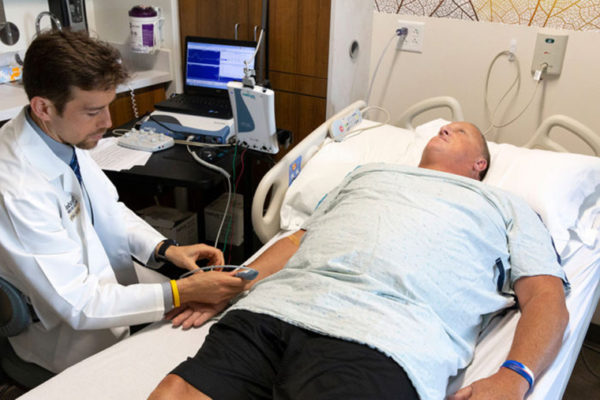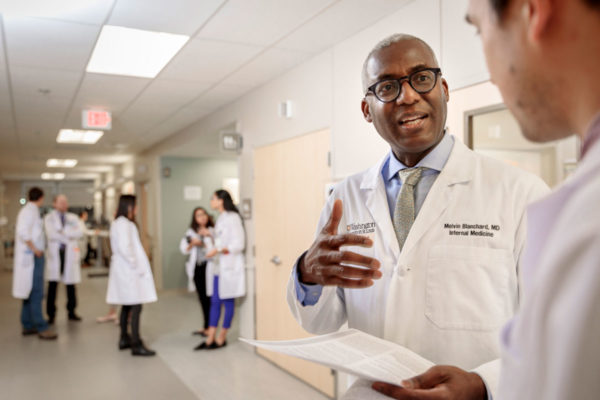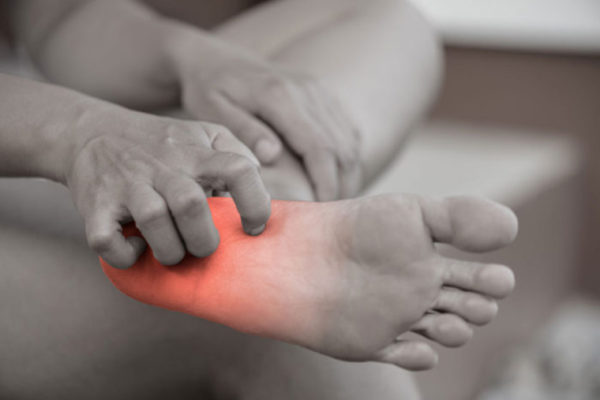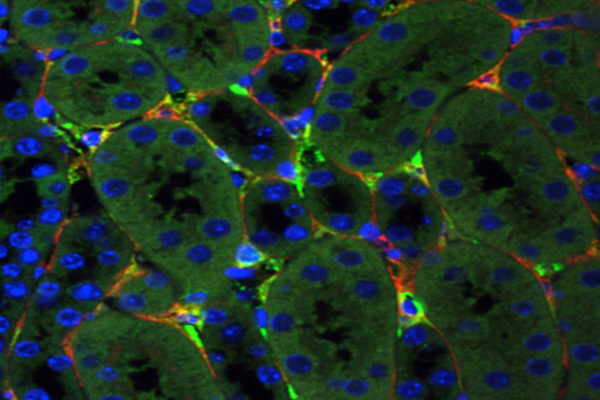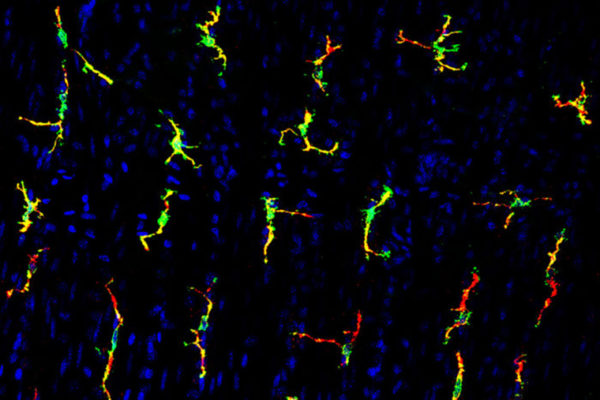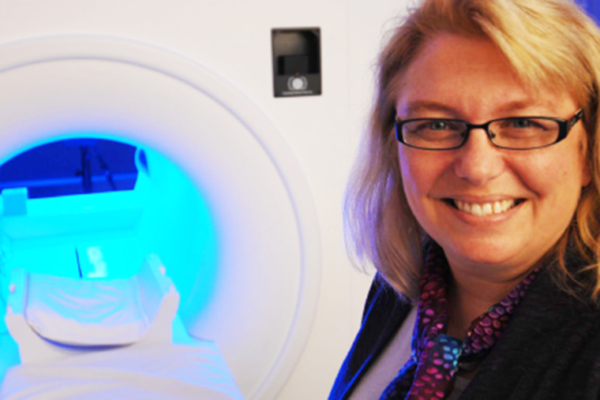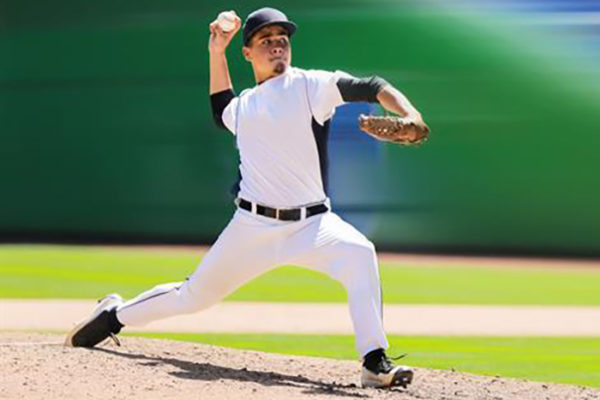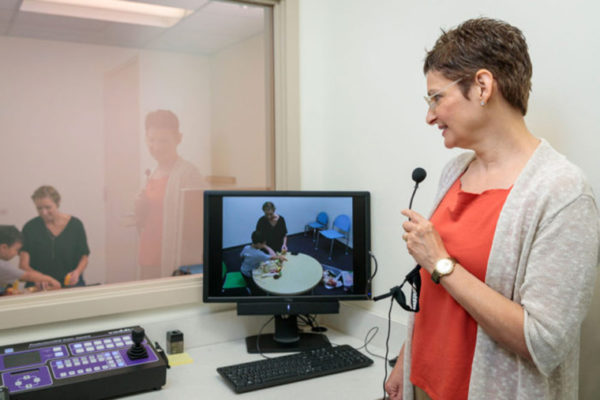New ALS therapy in clinical trials
New School of Medicine research indicates an investigational therapy for an inherited form of ALS extends survival and reverses signs of neuromuscular damage in mice and rats.
Report addresses national shortage of physician-scientist trainees
Projected demand for physician-scientists exceeds the expected supply, studies indicate. Melvin Blanchard, MD, director of the Division of Medical Education, led a multi-institution project to develop recommendations to improve U.S. training programs.
Alleviating human suffering
Longtime supporters of the medical school, Debra and George Couch are focused now on helping advance discoveries through precision medicine.
Non-opioid drug relieves pain in mice, targets immune cells
Researchers at the School of Medicine have found that inhibiting a receptor on immune cells called macrophages may help relieve pain in some patients, particularly those with chronic neuropathic pain, such as those with conditions like diabetic neuropathy.
Gene therapy method developed to target damaged kidney cells
Research led by the School of Medicine has shown, in mice, that genetic material can be delivered to damaged cells in the kidneys, a key step toward developing gene therapy to treat chronic kidney disease.
Air pollution contributes significantly to diabetes globally
New research links outdoor air pollution — even at levels deemed safe — to an increased risk of diabetes globally, according to a study from Washington University School of Medicine in St. Louis and the Veterans Affairs (VA) St. Louis Health Care System.
Chemotherapy-induced diarrhea traced to immune cells
Washington University researchers have found that immune cells called macrophages can trigger smooth muscle contractions in the intestinal tract, independent of nerve cells. The research in mice holds potential for treating chemotherapy-induced diarrhea.
Barch receives $3.5 million for research on brain, mental illness
Deanna Barch, chair of the Department of Psychological & Brain Sciences in Arts & Sciences and the Gregory B. Couch Professor of Psychiatry in the School of Medicine, has been awarded a $3.5 million MERIT award from the National Institute of Mental Health of the National Institutes of Health (NIH).
New imaging technique to use bioinspired camera to study tendon, ligament damage
Tommy John surgery, or reconstruction of the ulnar collateral ligament (UCL) in the elbow, has been dubbed an epidemic among Major League Baseball pitchers. A mechanical engineer at Washington University in St. Louis plans to develop a bioinspired imaging technique to study how damage accumulates in the UCL during loading, or the stress of activating the ligament. This could provide insight into what is progressively happening to these soft tissues when pitchers throw fastballs dozens of times during a game.
Parent-child therapy helps young children with depression
New School of Medicine research on childhood depression demonstrates that an interactive therapy involving parents and children can reduce rates of depression and lower the severity of a child’s symptoms.
Older Stories
